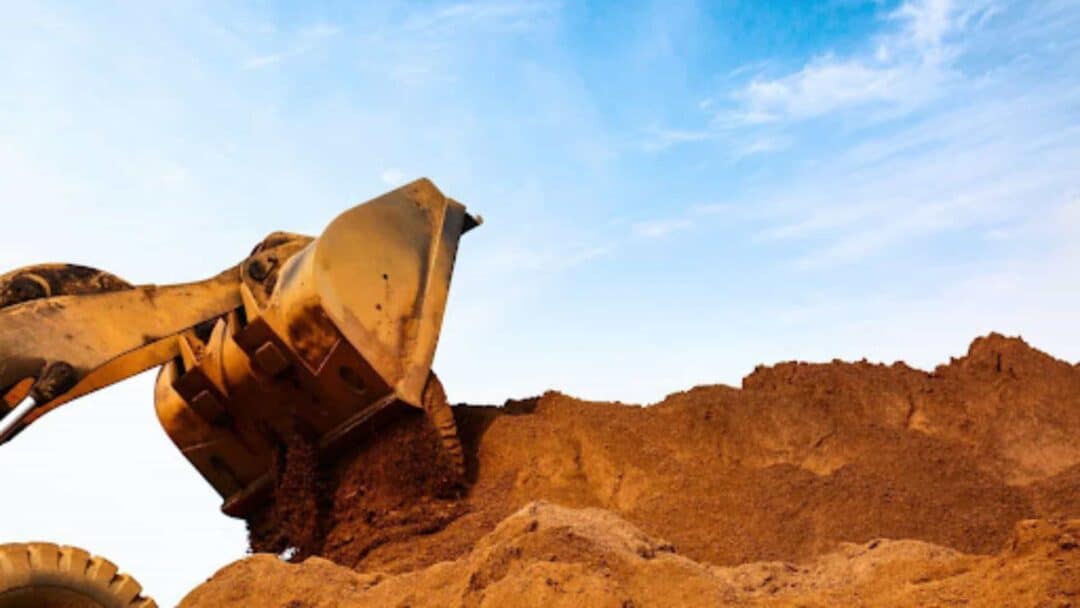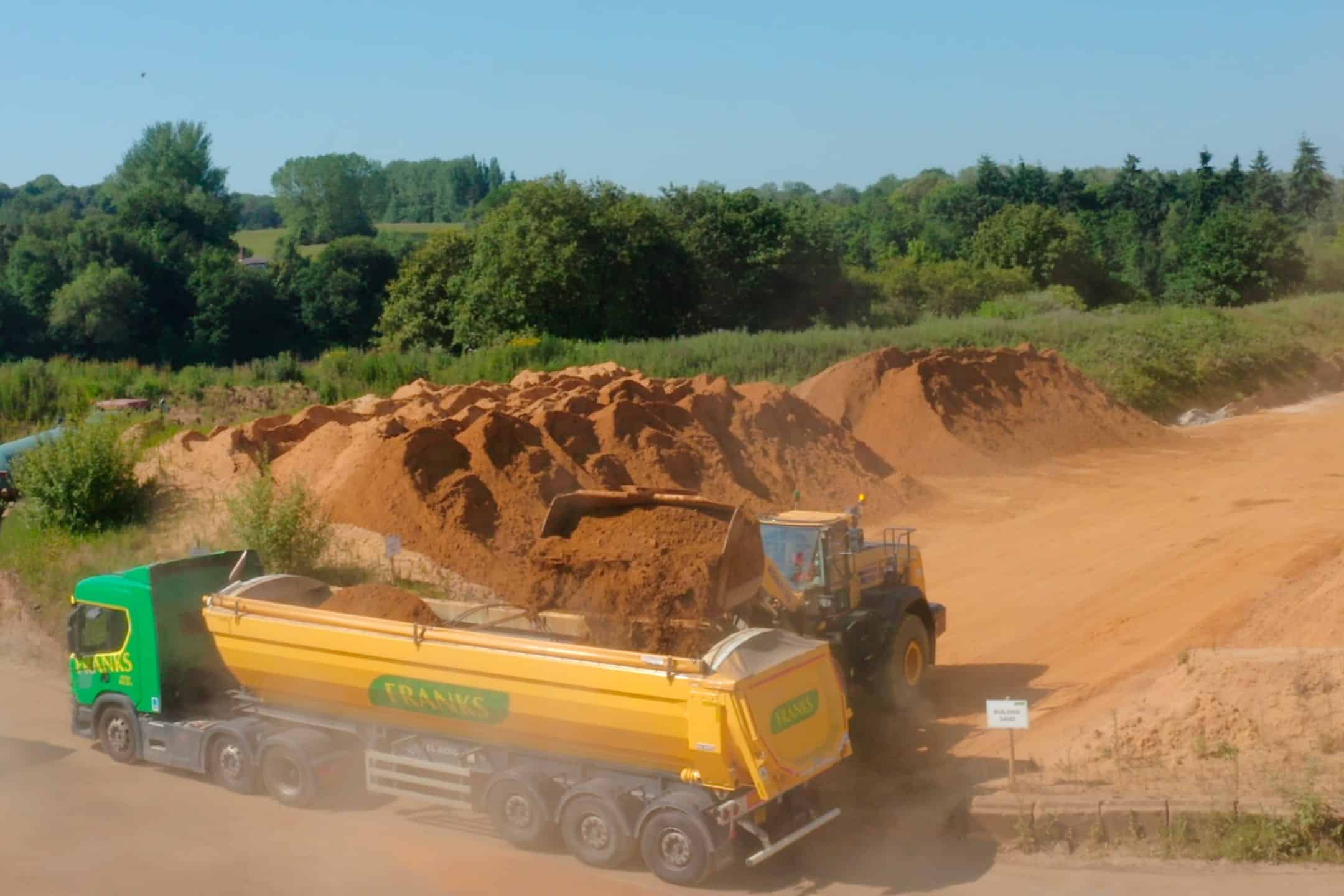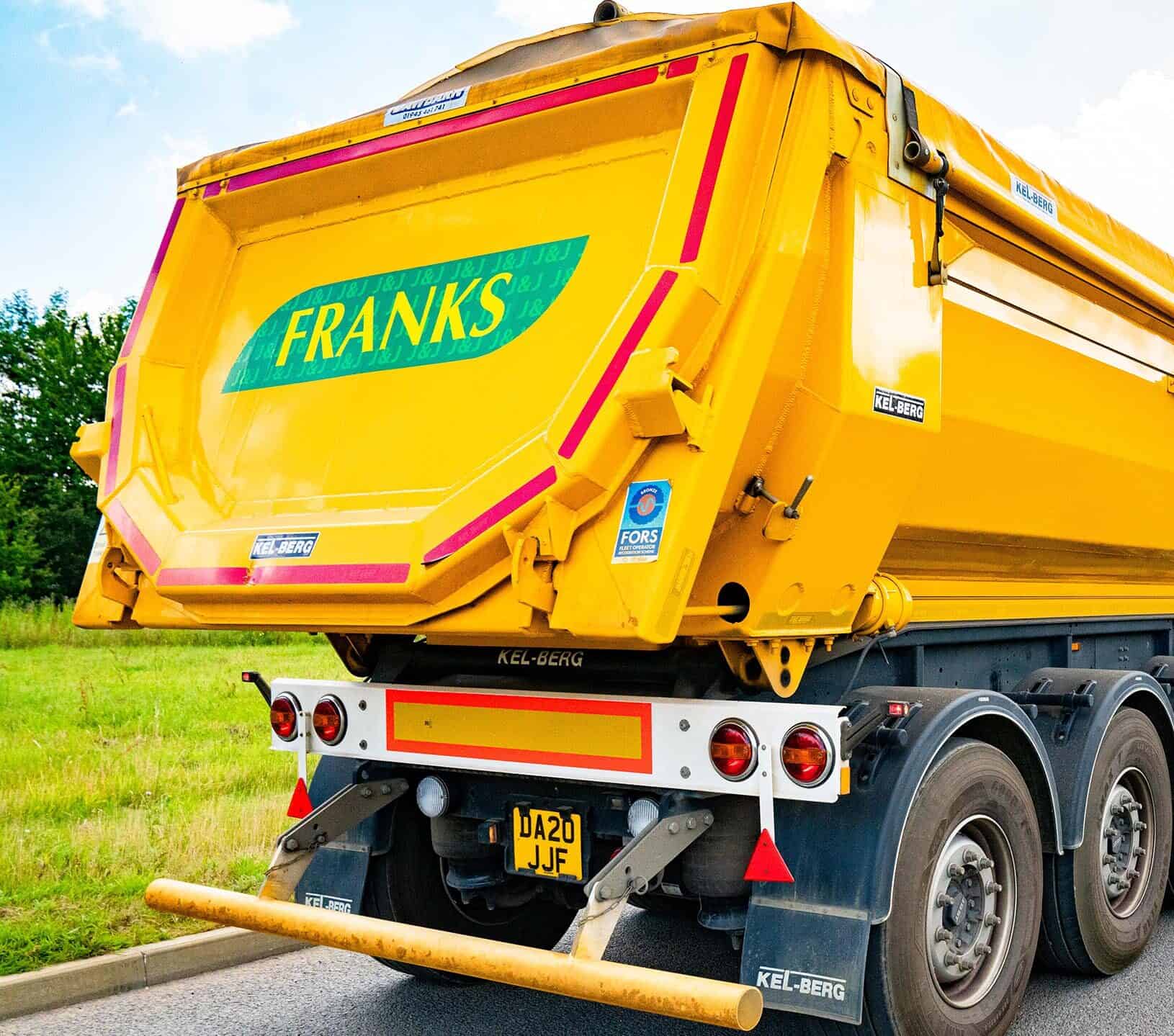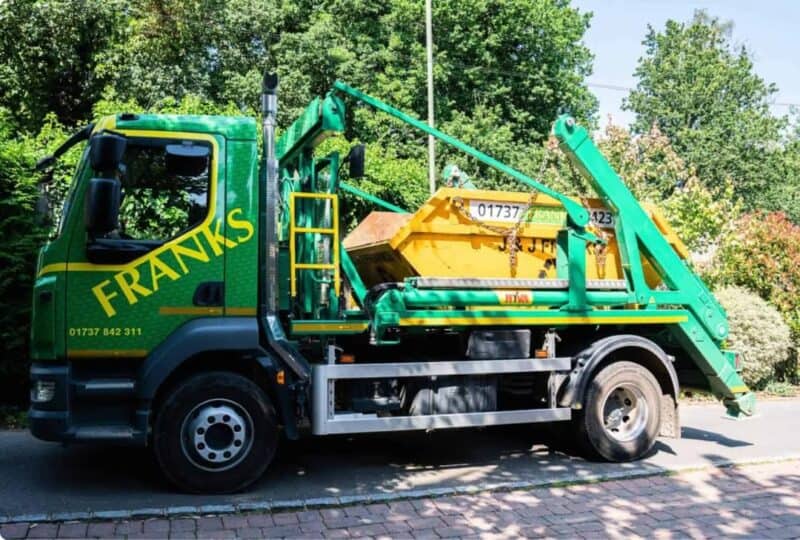When it comes to any construction project, whether you’re building a house, a commercial structure, or even a garden wall, you need to choose the right materials if you want to see long-term durability and strength. One such essential material is building sand. The right type of sand can make a significant difference in the final outcome of your project, from the foundation to the finish.
What Are the Different Types of Building Sand?
| Sand Type | Texture / Grain | Color | Composition | Common Uses | Key Characteristics |
| Builders Sand (Soft Sand) | Fine, smooth, slightly gritty | Yellow / orangish | Silica, small clay content | Bricklaying, general mortar work | Easy to work with, mixes well, ideal for masonry work |
| Sharp Sand (Grit Sand / Concrete Sand) | Coarse, gritty, angular | Light brown / dark brown | Silica, quartz, low clay content | Paving slabs, screeding, rendering, concrete base layers | Coarse and strong, excellent for structural strength and drainage |
| River Sand | Fine, rounded, smooth | Light brown / off-white | Natural silica | Concrete, plastering, tile work | Clean and naturally graded, premium option for quality finishes |
| Pit Sand | Coarse, sharp, angular | Reddish-orange | Quartz, iron oxides | Strong concrete, base layers | High strength but often needs washing to remove clay |
| M-Sand (Manufactured Sand) | Angular, uniform, slightly coarse | Gray | Crushed granite or stone | Concrete, brick/block work | Consistent, eco-friendly alternative to natural sand |
| Plastering Sand | Very fine, smooth | Pale yellow / beige | Fine silica | Internal/external plaster finishes | Super smooth finish – perfect for a polished look |
| Crushed Stone Sand | Very coarse, uneven | Dark gray | Crushed stone dust | Concrete (non-critical structures), sub-bases | Lower cost alternative – rougher texture, less workability |
| Fill Sand (Utility Sand) | Mixed grains, compactable | Beige / tan | Sand with some clay/silt | Pipe bedding, backfilling, leveling | Not for structural work, used for stability and drainage |
| Sea Sand (Treated) | Fine, rounded, salty | Pale gray / yellowish | Silica, salt, shells | Rarely used—requires desalination | Corrosive if untreated, salt affects reinforcement in concrete |
| Desert Sand | Ultra-fine, smooth, powdery | Light tan / brown | Silica-rich | Generally unsuitable | Grains too fine and smooth, doesn’t bond well in mortar or concrete |
How to Determine the Right Sand for Your Construction Needs?
The type of building sand you choose will depend largely on the specific needs of your construction project. Consider the following factors to determine the right type of sand:
A consideration to bear in mind is the project type.
- For foundations or concrete work, sharp sand is the most suitable choice, as it provides the necessary texture and stability.
- For finishing tasks such as plastering or rendering, soft sand is preferred for its smooth finish.
- If you are working on paving or external hardscapes, kiln-dried sand will be most effective for filling joints between bricks or stones.
Another key consideration is the environmental factors. If your construction project is taking place outdoors, for instance, sharp sand is generally a better choice due to its durability in varying weather conditions. Furthermore, if you’re mixing sand with other materials like cement, the type of sand can influence the strength of the final mixture. Sharp sand is typically better for concrete and mortar mixes, while soft sand is ideal for applications requiring smoothness, such as plaster.

Factors Should You Consider When Choosing Building Sand for Durability and Strength?
The durability and strength of building sand are essential for ensuring the long-term integrity of your project. When choosing sand, there are several key factors to keep in mind. As previously mentioned, the grain size you choose directly affects the strength of the structure.
- Coarse sand, like sharp sand, offers more strength and is better suited for heavy-duty applications like foundations and concrete mixing.
- Fine sands, like soft sand, are typically used for non-structural applications such as plastering.
The purity of the sand you choose also plays a major role in its strength. Sand should be free from organic material, salt, clay, and other contaminants that could compromise the strength of the mixture. Always ensure that the sand is washed and free of debris for the best quality. Additionally, the moisture content of sand can affect its handling and final outcome. Sand that is too damp can lead to inconsistent mixes, while very dry sand can result in poor bonding. Choose sand that has the right moisture content for your project, particularly when mixing with other materials like cement.
Finally, consistency is key. Sand that varies too much in texture can create problems when mixed with other materials. Ensure the sand you select is consistent in grain size and free from impurities.
How Does the Quality of Building Sand Impact the Quality of Your Construction Project?
The quality of the building sand you choose can have a significant impact on the final outcome of your project. Poor quality sand, with high levels of impurities or inconsistent grain size, can weaken mortar and concrete mixes, leading to structural issues down the line.
For example, sand with excess clay content can interfere with the bonding process in mortar, making it weaker and more prone to cracking. Similarly, salt in sand can lead to corrosion in steel reinforcement bars within concrete, reducing the lifespan of the structure.
Using high-quality building sand ensures that your concrete, plaster, and mortar mixtures achieve the desired strength and durability. It also improves the aesthetic quality of finishes, making walls, plaster, and surfaces smooth and even. For any construction project, investing in the right quality sand from a reputable supplier is essential for achieving lasting, reliable results.
What Are the Environmental Considerations When Selecting Building Sand for Your Project?
Sustainability is an increasingly important factor in most things we do today but plays a particular role in the construction industry, and selecting building sand is no exception. The extraction of natural resources, including sand, can have significant environmental impacts, including habitat destruction, water depletion, and erosion.
To reduce the environmental impact of your construction project, consider sourcing building sand from sustainable suppliers who use responsible extraction methods. Some suppliers such as us here at J&J Franks, provide recycled or manufactured sand, which can be a more eco-friendly alternative to natural sand. Additionally, by opting for locally sourced sand, you can reduce the carbon footprint associated with transportation. Choosing building sand from a supplier like us that prioritises sustainable practices can contribute to a greener construction project and help preserve the environment for future generations.
Choosing the right building sand is crucial for the success of any construction project. Understanding the different types of sand available, considering the specific needs of your project and paying attention to factors such as grain size, purity, and environmental sustainability are all important to making an informed decision. Selecting the best building sand for your construction needs, you can ensure that your project is not only durable and strong but also eco-friendly and cost-effective.
At J&J Franks, we supply high-quality building sand and other materials for a wide range of construction projects. Whether you’re building foundations, laying bricks, or finishing surfaces, we have the right sand to suit your needs. Contact us today to discuss how we can help with your construction materials.









